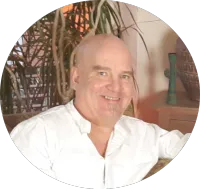Peter Paul Parker's Official Website
Journey Inwards
Succeeds Outwards
Blogs And Articles By Peter Paul Parker

Self Sabotage
How to Overcome Self-Sabotage and Transform Your Life
Self-sabotage is a common yet often misunderstood behaviour that can prevent us from achieving our goals and living a fulfilling life. Whether it’s procrastination, negative self-talk, or fear of failure, self-sabotage can affect our work, relationships, and personal well-being.
At its core, self-sabotage often stems from a negative self-image—an internal narrative shaped by past experiences. But the good news? You have the power to change these patterns.
This guide will help you understand what self-sabotage is, why it happens, and most importantly, how to stop it.
What is Self-Sabotage?
Self-sabotage refers to behaviours and thoughts that undermine your goals and well-being. While these actions might seem irrational, they often serve as a coping mechanism for deeper fears or insecurities.
Conscious vs. Unconscious Self-Sabotage
Conscious self-sabotage: You’re aware of the behaviour, such as procrastinating on a project, but feel unable to stop.
Unconscious self-sabotage: You’re unaware that your actions, like consistently choosing unhealthy relationships, are holding you back.
Common Examples of Self-Sabotaging Behaviours
In Relationships: Avoiding intimacy, picking unnecessary fights, or pushing loved ones away.
At Work: Missing deadlines, refusing help, or underperforming despite having the skills.
Personal Goals: Setting unrealistic expectations, giving up at the first hurdle, or engaging in self-criticism.
Why Do We Self-Sabotage?
Self-sabotage is rooted in fear and negative beliefs about oneself, often stemming from past experiences or childhood trauma. This gets conditioned into our self-image and becomes difficult to shift.
The Role of Fear
Fear of Failure: The thought of not succeeding can lead to inaction or avoidance.
Fear of Success: Success can bring change or higher expectations, which might feel overwhelming.
Fear of the Unknown: Staying in your comfort zone, even if it’s unfulfilling, feels safer than venturing into the unknown.
Fear of Intimacy or Abandonment: Past rejections can create a fear of getting too close to others.
Negative Self-Image
A poor self-image perpetuates self-sabotage. If you believe you’re unworthy or incapable, you’re more likely to act in ways that reinforce those beliefs.
Monster Stories
These internal narratives tell us we’re not good enough or destined to fail. Identifying and challenging these stories is key to breaking free.
Recognising the Signs of Self-Sabotage
Awareness is the first step toward change. Look for these common signs:
Procrastination or avoidance.
Perfectionism that leads to paralysis.
Negative self-talk or excessive self-criticism.
Blaming others for setbacks.
Self-medicating with unhealthy coping mechanisms like overeating or substance use.
Reflection Tip
Keep a journal to track patterns in your thoughts and behaviours. Recognising when and why self-sabotage occurs can help you address it effectively.
How to Stop Self-Sabotaging
Breaking free from self-sabotage requires both self-awareness and actionable strategies.
1. Mindfulness
What It Does: Helps you recognise self-sabotaging thoughts and behaviours in the moment.
How to Practice: Use meditation or grounding exercises to stay present and observe your thoughts without judgment.
2. Cognitive Restructuring
What It Does: Reframes negative self-talk into empowering statements.
How to Practice: Replace "I’ll never succeed" with "I’m learning and growing every day."
3. Positive Reinforcement
What It Does: Shifts focus from failures to successes.
How to Practice: Celebrate small wins, like completing a task or making progress on a goal.
4. Stress Reduction
What It Does: Reduces emotional triggers that lead to self-sabotage.
How to Practice: Engage in stress-relieving activities like yoga, spending time in nature, or journaling.
5. Communication
What It Does: Builds accountability and fosters support.
How to Practice: Share your goals and struggles with a trusted friend, mentor, or therapist.
6. Setting Realistic Goals
What It Does: Prevents feelings of overwhelm and builds confidence.
How to Practice: Break larger goals into smaller, actionable steps.
Seeking Professional Help
Sometimes, self-sabotage is deeply ingrained and requires professional support. Coaching, therapy or counselling can provide tools to identify triggers, reframe negative beliefs, and create lasting change.
Overcoming Negative Self-Image
Because self-sabotage often stems from how we view ourselves, improving self-image is crucial.
Coaching Or Therapy: Work with a professional to explore and heal past wounds.
Self-Compassion: Treat yourself with kindness, especially during setbacks.
Affirmations: Use positive statements like "I am capable and deserving of success."
Free Resource
Take the next step in your journey by joining the Self Image free webinar. This resource is designed to help you reshape your self-image and break free from limiting beliefs. Click here to register!
FAQs
What is the root cause of self-sabotage?
Self-sabotage often stems from fear, low self-esteem, or negative beliefs formed through past experiences or trauma.
How do I know if I’m self-sabotaging?
Look for patterns like procrastination, perfectionism, or avoiding opportunities. Reflecting on these behaviours can reveal self-sabotaging tendencies.
Can mindfulness help stop self-sabotage?
Yes, mindfulness helps you recognise self-sabotaging thoughts and behaviours, enabling you to make conscious, positive choices.
When should I seek professional help for self-sabotage?
If self-sabotage significantly impacts your relationships, work, or mental health, consider seeking a coach, therapy or counselling.
Self Sabotage And Self Image
Self-sabotage may feel like an insurmountable obstacle, but it is a behaviour you can change with the right tools and mindset. By recognising the patterns, addressing the root causes, and taking small, actionable steps, you can break free and achieve your full potential.
Remember, transformation starts with understanding and self-compassion. If you're ready to take the next step, sign up for the free webinar from the Bright Beings Academy and begin reshaping your self-image today.
Change Your Self Image And End Self Sabotage
If you’re ready to deepen your journey toward ending your self sabotage, join our Self-Image Webinar. Learn transformative tools and strategies to rewrite your inner story and step into your best self.
One of the biggest keys to personal growth is our self-image. This is the mental picture we have about ourselves. Also known as your self-image. This is something that has been conditioned into us. And the good news is, your self-image can be changed. Having spent so much time working on my self-image, I have put this into a process that is easy to follow. Click the link below to experience the self-image webinar, where you can copy this process too.

Watch The Free Webinar By Clicking Here
I look forward to connecting with you very soon.
Until then, be well and keep shining.
Peter. :)
Categories and website home
Website - Qi Gong - Meditation - HSP - Spirituality - Sound Healing
Blogs Categories By Peter Paul Parker

Highly Sensitives, Empaths And Intuitives
This category is dedicated to Highly Sensitive Human Beings, Empaths and Intuitives. This is an incredibly difficult time for us to be here on earth. If we see this from a different perspective, it becomes a superpower and not a curse. Please find comfort and understanding in these articles I have written on the subject. You are not alone.

Meditation – Mindfulness – Mind Mastery
Today's world is a constant bombardment of bad news and more bad news. It has never been more important to connect with yourself. The mind is a powerful tool but a lousy master. In these posts, we learn about the mind and how to make it be a valuable asset to your spiritual and material growth.

Qi Gong Energy Healing
Qi Gong is an amazing activity to help heal your body. Everything in our material world is built on sound, frequency and vibration. Qi Gong enables you to tap into that vibration and become the amazing being you came here to be.

Vibrational Healing – Sound – Chakra – Food
Now, more than ever, we need to find all kinds of vibrational healing for ourselves. Sound and chakra healing are important elements to your vibrational health. Food is also a key element for a healthy body and a healthy mind. Activities leading to you tuning in to your higher vibrations is so important in this heavy world we live in today.

Spirituality – Healing – Knowledge (General)
Spirituality, healing and knowledge is rather a broad subject. You will find something here to spark your interest for your spiritual growth. And you will find knowledge here to help you both in the material and spiritual realms.

About Peter Paul Parker
Peter Paul Parker is a Dahn Master, energy healer and Qi Gong instructor in the mind-body-spirit world, a musician and sound healer. Chiefly, he works with both the energy and physical body. Peter is a Qi Gong champion, winning the international competition with the British Team in Korea in 2016.
Peter runs the Bright Beings Academy, which is a Qi Gong and Self Realisation School. He is also the founder and Chairman of the charity Brighter Living, providing the elderly in his local area with Qi Gong classes. Peter is based in the London Borough of Kingston upon Thames, and runs live classes in the borough. For those people who cannot get to the Borough, Peter has live classes online. You can find these at the Bright Beings Academy.
Articles By Peter Paul Parker At Brainz Magazine

Executive Contributor - Brainz Magazine
Executive Contributors at Brainz Magazine are handpicked and invited to contribute because of their knowledge and valuable insight within their area of expertise. Read exclusive articles from influential leaders, top entrepreneurs, expert coaches and industry leaders within the topics of mindset, business, leadership and lifestyle.

A Change in Perception of Life and Business — An Interview with Ki Gong Champion Peter Paul Parker
Peter Paul Parker is an expert in the mind-body connection, a sound healer, and working with both the energy body and the physical body. Peter is a Ki Gong champion, having entered a competition with the British Team in Korea in 2016, winning the International competition......
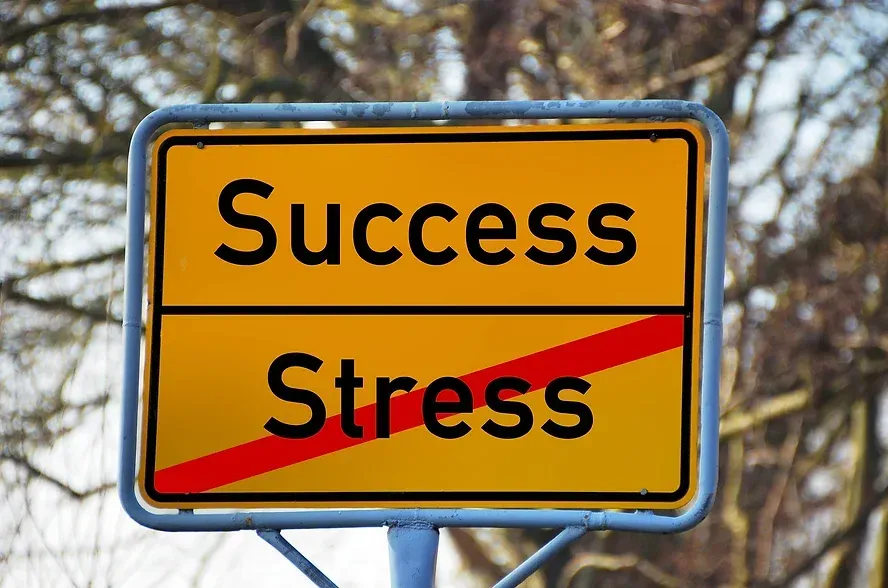
How To Be More Productive In A World That Is Speeding Up
Without wishing to state the obvious, but the world has become exceedingly stressful over the past few years. We can see that human beings have seen more change in the last 200 years, compared to thousands of years previously.
Everything is moving so much quicker.......
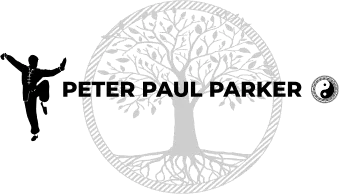
How To Achieve A Strong Mind-Body Connection For More Creativity
Without wishing to state the obvious, but the world has become exceedingly stressful over the past few years. We can see that human beings have seen more change in the last 200 years, compared to thousands of years previously.
Everything is moving so much quicker........
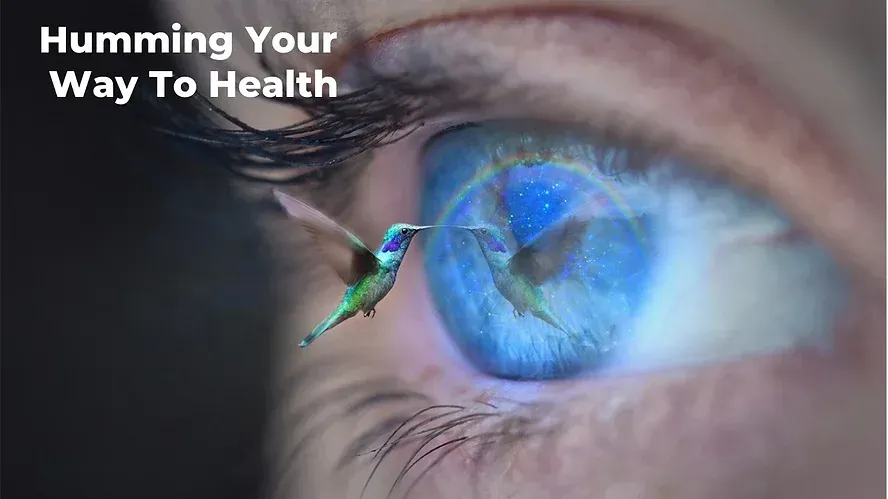
How Humming Can Release Your Creativity And Confidence
We have all hummed at some point in our lives. We also have used the word ‘hummer’ to describe a small error or mistake. We usually hum when we are happy. I am sure you have heard many times,
the annoying humming of someone with their headphones on.......
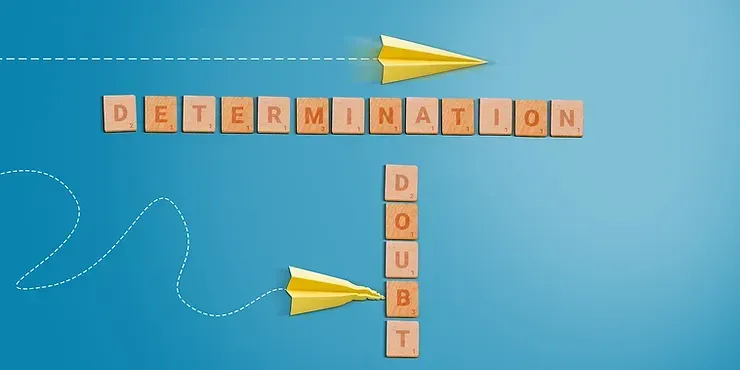
Are You Lacking In Willpower?
My own personal willpower has been relatively average for me all throughout my life. When I was really passionate about something, I would just get on and do it. When it was something I enjoyed but was causing me harm and I needed to give it up, that was a different story altogether.....
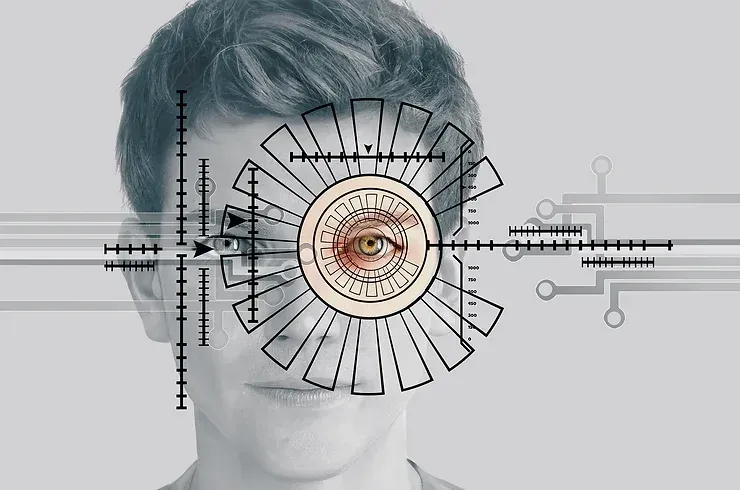
Are You A Highly Sensitive Entrepreneur?
The word sensitivity is rather like the word meditation. It does not really give you the full understanding of what you are actually talking about. For instance, when you talk about meditation, what does that actually mean? The original meaning is ‘To think deeply about something.’.....
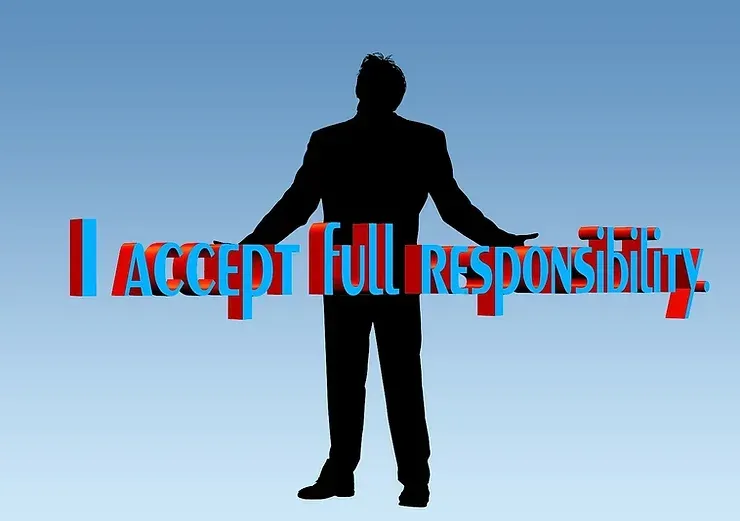
Are Highly Sensitive People More Ethical In Business?
In my last article in Brainz magazine, I discussed highly sensitive people and how they are now being recognised as different from other human beings. Furthermore, in a study entitled ‘The functional highly sensitive brain: a review of the brain circuits underlying sensory processing sensitivity and seemingly related disorders’,....

Have you ever really thought how you are when you meet people for the first time? Be it a prospective client, or new business acquaintance, or even someone at a party. It is something I have never really thought about until recently.
Having my profession in the mind, body, spirit arena, I do meet many Buddhists........
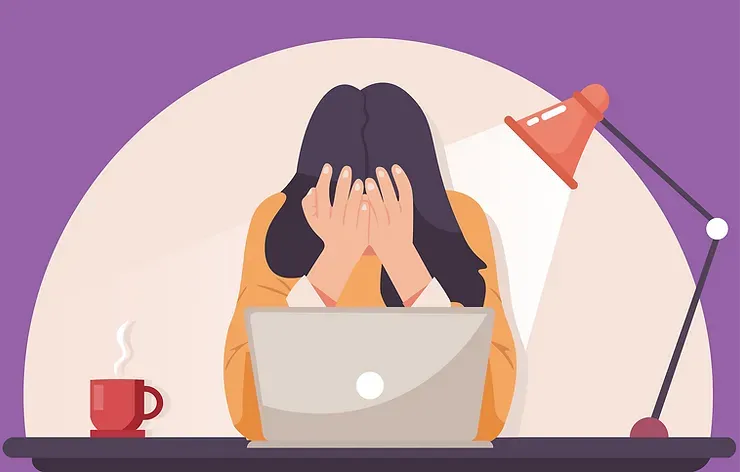
Menticide, Gas Lighting And Open Loops. What Does This Mean To You?
We’re living through a time when we are being made to feel crazy, in what some people are calling menticide, or genocide of the mind. One of these crazy making practices is called gaslighting, which is happening individually, and collectively. This not only affects us, but our environment also.....
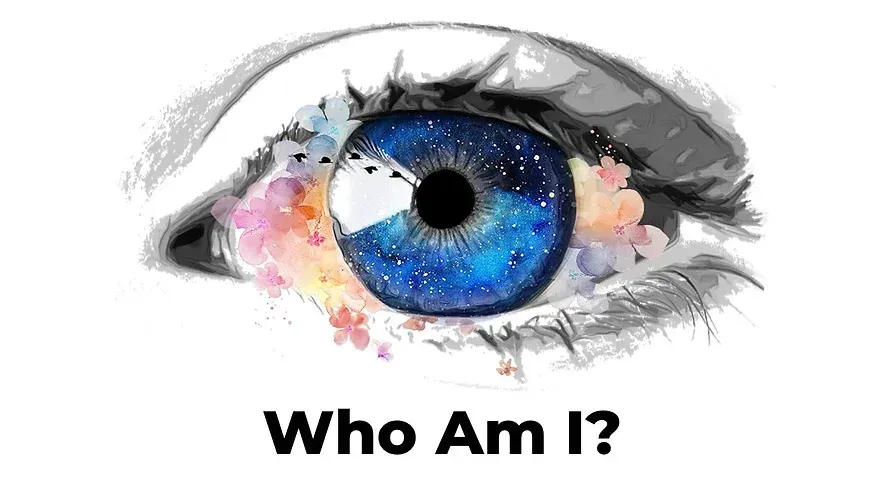
So many people are saying now ‘Be your true self!’ ‘Be the authentic you!’ ‘Be who you were born to be!’ And the answer to that statement from many people I work with seems to be, what does that actually mean? What do you mean ‘Be Me?’ Let’s take a deep dive into this question of what is the meaning of your true self?....
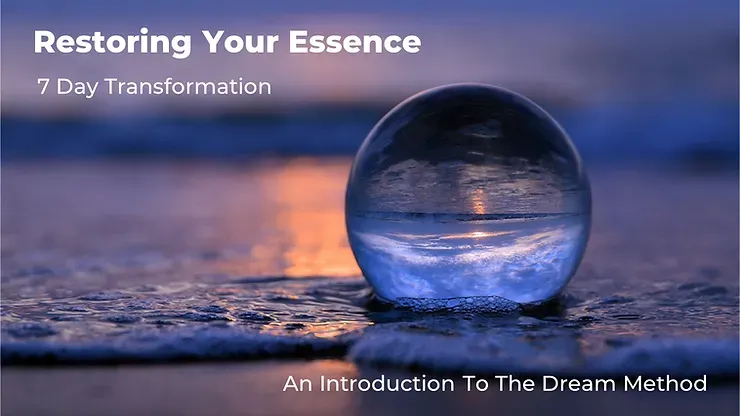
Restoring Your Essence
What does that mean, to restore your essence? No one can deny that we live in a stressful world. And human beings have not evolved well to deal with this stress and anxiety to cope with this new way of living. As technology grows around us, which has its good and bad sides, we still have not adapted to this modern way of life....
Articles By Peter Paul Parker At Co-Creation Global
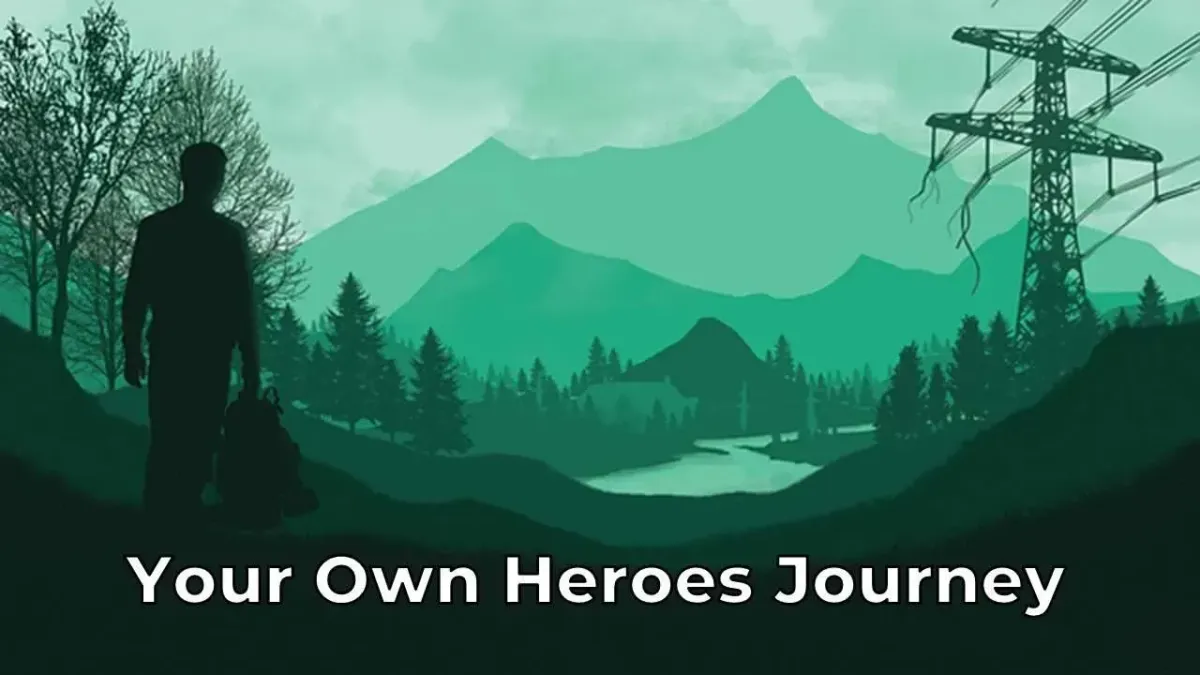
Have You Found Your Own Hero’s Journey Yet?
Whether it be a film, book, play, fairy tale or even folk story, there seems to be a common theme of the hero. All these heroes can be placed in the realm of fantasy or fiction. Even when we see biographies of the heroes transcending adversity depicted in films.......

Switch Off Your Phone And Get A Better Connection
What an invention mobile or cell phones have been. If you would have told me as a very young man that I would be able to talk face-to-face with someone across the other side of the world using a mobile device, I would have said you’ve been watching too much Star Trek......
Copyright Peter Paul Parker 2023 <<< ✺✺✺✺✺✺✺✺✺✺✺✺✺✺✺✺✺✺✺✺✺ >>> Terms And Conditions - >>> Privacy - Linked In - YouTube - Facebook -
